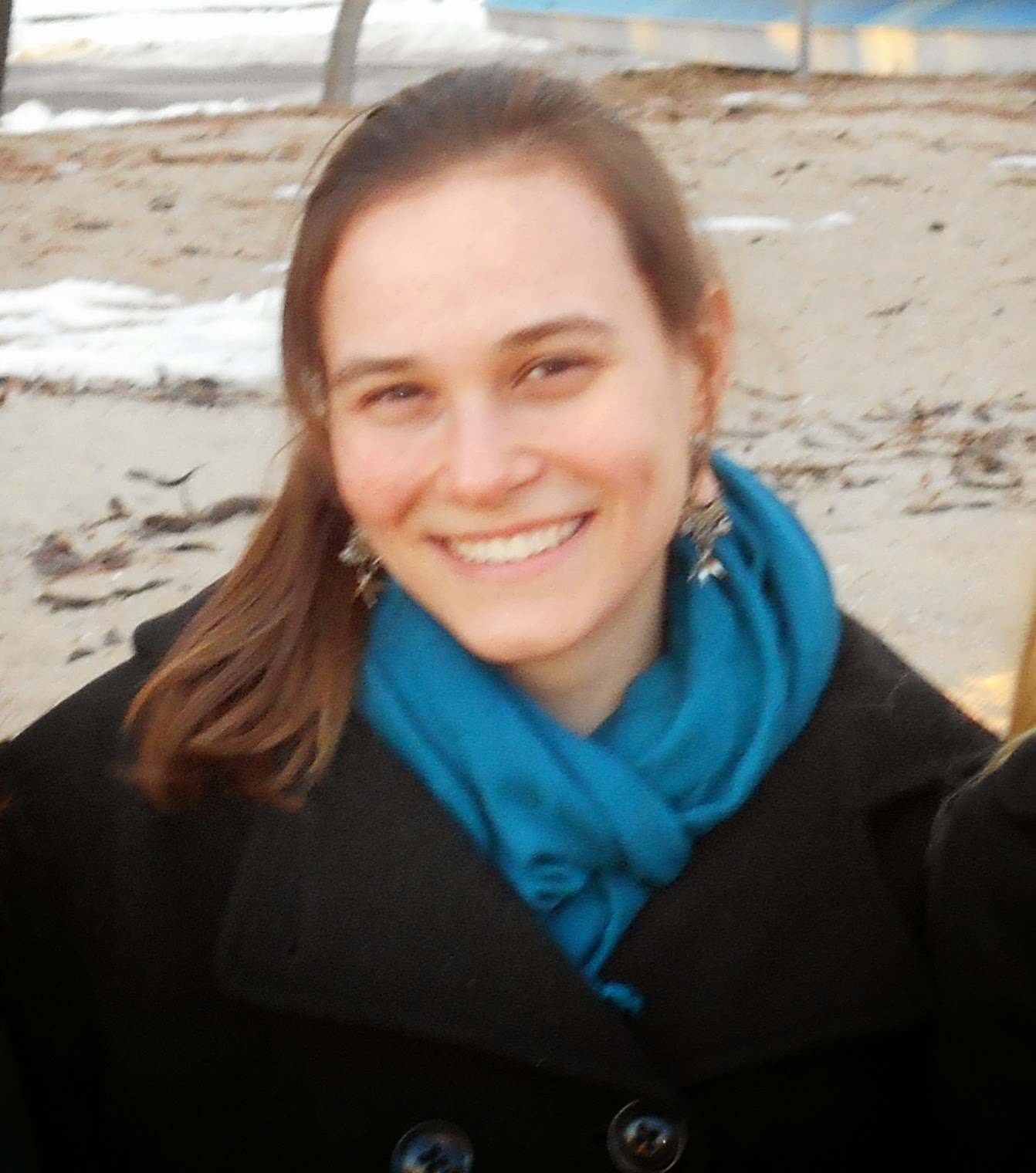Stitched
with Gossamer: A Review of Jennifer L. Freed’s These Hands Still Holding
Reviewed
by Kimberly Pavlovich
In Jennifer L. Freed’s poem “Almost
Never” she writes, “But our lives are stitched with gossamer / in any case. Details
shimmer / and then drift / away”. These lovely lines from a poem in These Hands Still Holding make memory
tangible through subtle imagery and concrete detail. Freed’s poems indeed capture
the gossamer—the shimmering moments and details that might otherwise drift away.
As she explores themes such as nature, childhood, parenting, and loss, the poet
takes deceptively simple moments and transforms them into ones more thoughtful
and complex.
One poem that demonstrates Freed’s
deft ability to transform the everyday is “Joshua the Basset Hound,” the first
poem in the collection. Freed begins with a relatable image of a dog leaning
against its owner: he “presses his thick length against my leg.” This image,
however, quickly becomes more meaningful. The dog reminds the speaker that “this
/ is the point of all the rest: to lean / with one’s whole being / into the
life of another, / … even if, unlike the dog, / we are afraid of falling.”
Freed depicts the basset hound with its owner in order to communicate a message
about trust, life, and love.
“Dandelions” also demonstrates the thoughtful
quality of These Hands Still Holding.
In this poem, the speaker discovers a bouquet of dandelions left by her daughters.
Freed writes that the daughters “are still young enough to see / bright beauty
in spring lawns flecked with yellow, / to want to clutch that beauty in their
hands.” These lines portray the
innocent, excited nature of children while at the same time hinting how aging
changes one’s perspective. While the children are “still young enough to see /
bright beauty” in dandelions, the parent speaker may no longer have this same
point of view. In this way there is a quiet wistfulness to “Dandelions,” especially
as the speaker later reflects on the dandelion down:
loose and lifting in the breeze,
as though each flower, knowing
the nearness of death,
had spent its last force willing
its whole being
toward its young,
so that some beauty of its life
might yet live on.
These
lines reveal the parent’s nostalgic perspective and life’s inevitable cycle.
Freed further gives depth to this
theme of parenting and childhood in her poem “Grace.” The speaker describes her
daughters helping earthworms from the asphalt: “delicate fingers lift limp
strands / of pink and brown, / return them / to sunburned grass, dark garden
soil.” As in “Dandelions,” this vivid image demonstrates children’s innate curiosity
and concern. The last stanza of “Grace,” “I watch, / and then kneel down / to
help,” is powerful in its brevity. The stanza illustrates the simple but poignant
moments spent with one’s children. Perhaps there is something for parents to
learn from their children’s actions.
“When You Are Not Here” stands out. Freed
skillfully turns an “O X” signed in a note the speaker writes to a loved one
into oxen: “Let them let you hear, in their broad, barreled chests, / the thrum
and swell of their beating hearts, in which / you will also hear / my heart.” This
vibrant depiction of oxen conveys the speaker’s love and sense of longing for
the person to whom she writes. She transforms the simple letters into something
much more, something living and
breathing that leaps off the page—something Freed herself accomplishes
gracefully in each of her poems.
Although the content of Freed’s
poems imaginatively explores the everyday, equally expressive titles would have
only strengthened the collection. The titles of Freed’s poems are plain and
straightforward without the compelling meaning that might unite them more
coherently with the text. Freed’s collection brings to mind the poet Marie Howe,
who also reflects upon the everyday. For example, in “Hurry” Howe writes,
“Hurry up honey, I say, hurry, / as she runs along two or three steps behind me
/ her blue jacket unzipped and her socks rolled down.” This distinct image of a
child running to catch up with a parent evokes Freed, whose own poems elegantly
infuse the everyday with unique perceptions that intensify the reader’s own
view of the world around her.
*********************************************************************************
*********************************************************************************
Kimberly Pavlovich is
a junior at Endicott College majoring in English and minoring in Communication.
She is the author of You Carry the Woods
(Ibbetson Street Press). Her writing has also been published in FamilyFun and
the Endicott Review, as well as online articles affiliated with Small Beer
Press and the Boston Area Small Press and Poetry Scene. She is currently the
editor-in-chief of the Endicott
Review and plans to pursue a career in
the publishing industry.




